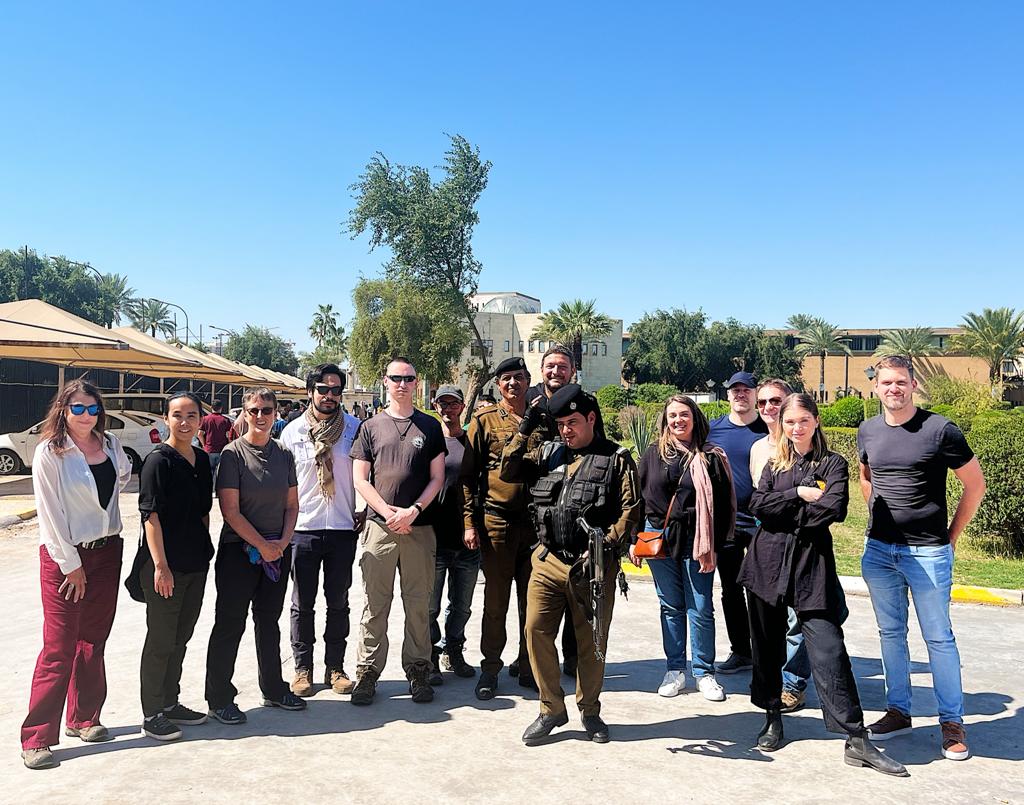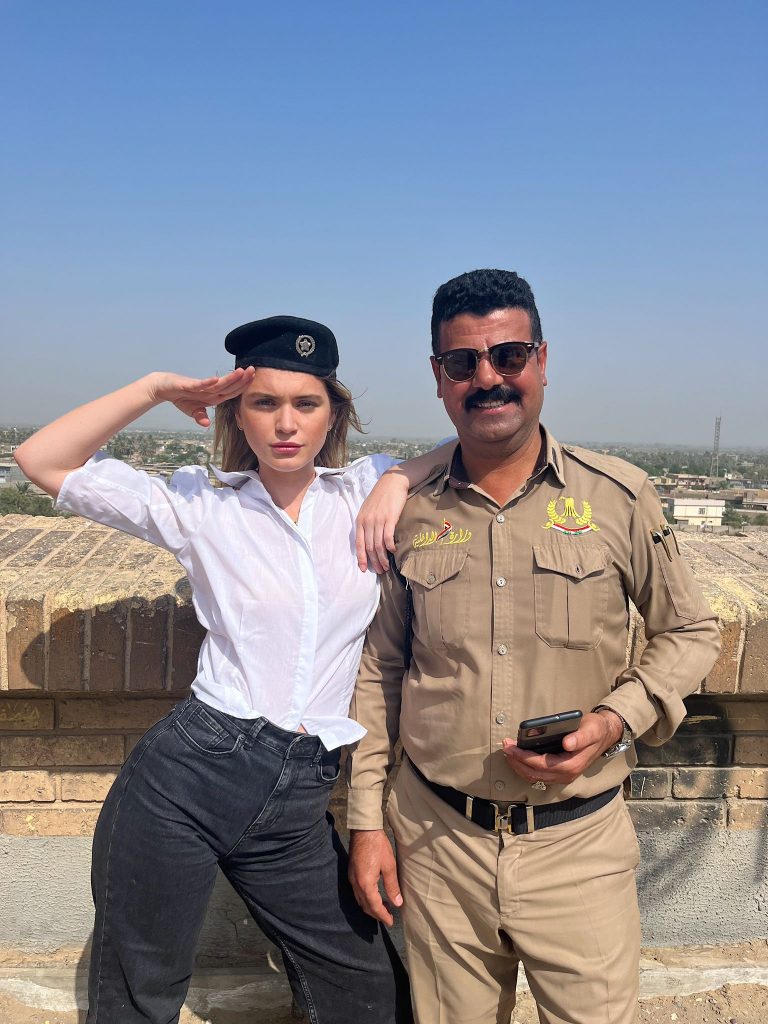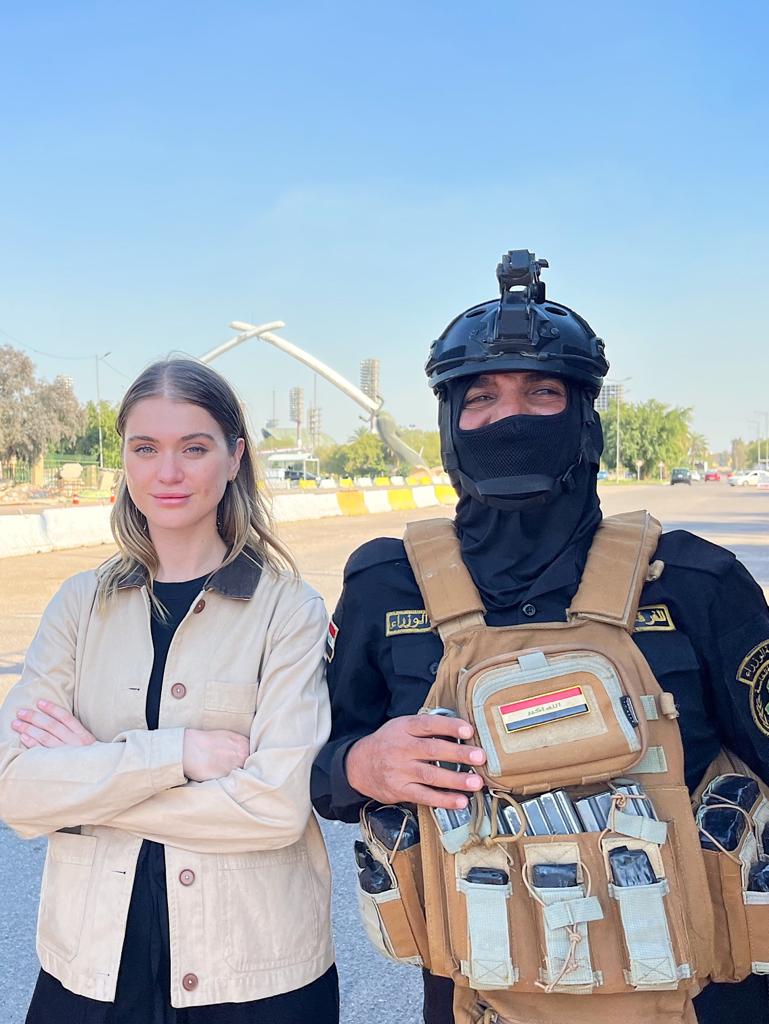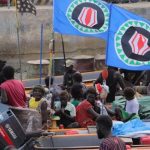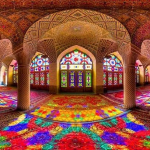We all have life missions; for some, it is to meet someone special; for others, it’s to be their own boss. There are a range of options, limitless – proven over and over again. I found mine in 2014, an odd time perspective-wise, as it coincided directly with the self-declared caliphate and its place of establishment. That is right; my mission was to make it to Mosul one day. I suppose, in hindsight, it was because I was tremendously hopeful that one day life would return.
Establishing my Mission
I want to say it is a pretty story, but it is not. For most of the Western world, we came to know the city for the bloodshed and harrowing images that the ISIS propaganda machine pushed. None more harrowing than on the 29th of June 2014 when regular attendees of al-Nuri Mosque were surprised their imam had a replacement. Whilst unfamiliar to them, he was known by the US as a once low-risk detainee in Guantanamo. How wrong they were as this man, Abu Bakr al-Baghdadi, took the stage on this fateful day to declare and lead one of the most brutal terrorist organisations the world had seen.
I have watched his speech many times; I call this the start of the rise. Later we would watch the whole city of Mosul, the second largest city in Iraq, be captured, rewriting fundamental human rights for everyone indiscriminately.
Later that year, I watched alongside my father a video of a woman stoned to death for swearing. A corporate offence worse as she was a woman. I was both those problems, a self-admitted swearer, and a woman. I considered my life and the privileges of using the oh-so-satisfying f-word and wearing a singlet. I say this not to patronise but to compare. For three long years, I was glued to the television, not to hear the message of the killing cult but to wonder what life on the other side was like. Never for a second did I believe those under ISIS were terrorists. How could I? Simply impossible to consider a whole city had that mentality.
Sadly, the group continued to rise; their propaganda and even ours pushed their message, more fighters came, and more under their control suffered.
It felt mission impossible.
A Glimpse of Hope
At the close of 2017, there were rumours that the Iraqi forces would attempt to recapture the city. But, well, historically, we know how it was lost in the first place. ISIS was terrifying, and nothing is more terrifying than someone who isn’t afraid to die. I clung to the idea, but it wasn’t easy, and I was frankly scared. The struggle meant that their city was now the front lines for the innocent civilians, and the suffering, despite three long years, was only beginning. The Iraqi army and US-led airstrikes fought ISIS, tooth and nail, everything to lose.
I watched as an ISIS “cub”, a boy no older than seven, sung a propaganda chant and then blew himself up, killing all those around him. I was angry but sympathetic; he was four when they entered his city, and it was little surprise he was brainwashed. At this moment, I truly worked out what that word meant. I tried to learn it in my master’s for counterterrorism, but I learnt more in that few-second clip than a semester.
However, the actual fall of ISIS, the moment of symbolism, was when they blew up the al-Nuri Mosque, the same place the caliphate was declared. Instead of surrendering, they chose the predictable option and blew it up, their reign ending, their ideals still yet to be determined if defeated.
ISIS over
As I watched the self-declared caliphate fall, I still wondered when, if ever, I would get to visit. How does one detect an ISIS fighter? Do they disguise themselves and enter back into society? No idea.
In May 2022, after many visits to Iraq, I was offered an invite I couldn’t reasonably refuse, “Will you come to Mosul”. Immediately yes, no thought was required, although it didn’t feel real. Was I about to get catfished?
I googled and studied every waking moment for a month – a terrible idea, equivalent to feeling sick and searching for symptoms. The top-rated video was “scariest place on Earth”, “ah promising” I said to myself. However, something I have learnt in this job and perhaps our mission is challenging these stereotypes, moving away from clickbait articles and showing a more genuine side. I found early into my employment the correlation between suffering and kindness, unexpected, right?
Mission in Motion
The alarm goes off at 6 am, a time I usually hated, but not this time; I leap. I get dressed; ah, what do I wear as if Mosul is somehow different from the rest of Iraq? After a quick deliberation, I began my journey from Erbil to Mosul, which was surreal the whole time. I drove past the Peshmerga checkpoint and entered the Iraqi military zone; I had done it many times, but having two forces almost side by side was surreal. They meticulously check my passport and ask about my intentions, “it’s my dream”, I say. They look at me like a freak, and I even wonder why I would say such a thing. But it was despite what they thought of it.
Over the next couple of days, I would come to learn about a different side of Mosul. I say this because the international spotlight moved on after the fall of ISIS; good news doesn’t sell papers. I wish it did because along the way I met people who changed my life, who I feared to approach out of my ideas and insensitiveness but who instead chose to walk up to me.
I will write more about these experiences, but amongst them, I got to know people from a foreign city even calling two of them my dear friends. They showed me their city, which they love and are proud of.
Mission complete
My story in Mosul has merely started, but it was more than I ever imagined. I have thought about it a lot since; who ought to take responsibility? How can we heal wounds? What is the future of this city?
I am hopeful.
Among the many stories are some I wish to share; all remain nameless.
In risking his life, “I made a Twitter account to show the world what it was like Mosul, my wife didn’t know”—my hero.
In talking about his father, “I can’t bring him to the old town of Mosul, like most of the older generation who grew up here, it is too painful. One day we will fix it, I will bring him back”—my hero.
In surviving, “We were forced to eat banana peels, some people had to eat their cats, people were starving”—my hero.
The stories go on and on and on.
It is a hard-to-fathom experience, one I wish everyone could have. This city needs to bring people back to add to the economy, share their stories; we can all play that small part. Even just by opening our hearts and minds to the people of Mosul.
To visit Mosul, click more here.
